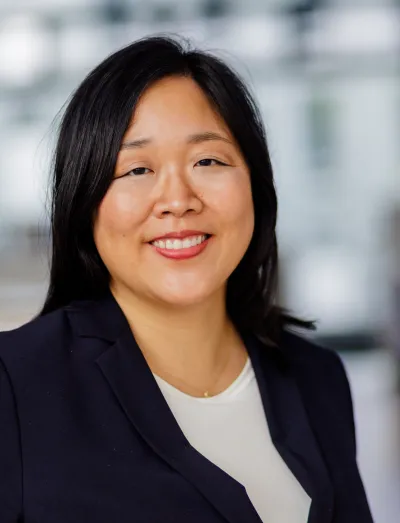The certificate course "Research Data Management" was designed and implemented with significant participation of the FHP. All materials are published as OER. The project was led by Prof. Dr. Heike Neuroth and Carsten Schneemann from the University of Applied Sciences Potsdam together with Dr. Daniela Mertzen and Kathrin Woywod. Other project participants were Claudia Haase, Boris Jacob, Max Kroehling, Jens Mittelbach, Dr Janine Straka, Anita Szczukowski and Katrin Weise.
The course takes into account a variety of organisational, formal, technical, content-related and didactic aspects that are important for the development of suitable teaching materials. The certificate course, which is the responsibility of the state initiative "Research Data Management in Brandenburg" (FDM-BB), took place for the first time at the beginning of March 2023 as a one-week digital Spring School with 30 bachelor's and master's students from the eight Brandenburg universities. The certificate course, which takes place at least once a year, can be credited with two to four ECTS credits, depending on the scope of the examination. The entire course consists of a preparatory self-study phase including a quiz (approx. 10 hours), active participation in the Spring School (40 hours, a total of 2 ECTS credits) and optionally a follow-up examination (approx. 25 or 50 hours, 3 or 4 ECTS credits).
A total of eleven lecturers from the Brandenburg University of Technology Cottbus-Senftenberg, the University of Applied Sciences Potsdam and the University of Potsdam from different professional areas of responsibility (research and teaching, research support, library) convey the teaching content (see point (ii)).
The collection of materials made available here for re-use includes:
(A) The module manual of the certificate course (a PDF file).
(B) The entire teaching scripts (one PDF file) with the following module courses (MK):
- MK 1: Introduction to Research Data Management; Research Data Lifecycle and FAIR Data Principles; Open Science; Exercises
- MK 2: Data Documentation and Metadata; Data Management Plans; Data Management Plans with the Research Data Management Organiser (RDMO); Exercise.
- MK 3: Active data management; long-term archiving; collaborative tools and versioning; exercise
- MK 4: Data publication, persistent identification, citation; licences, Re3Data; legal aspects of FDM; exercise.
- MK 5: Good scientific practice; project management; exercise; discussion, evaluation and individual counselling for examination performance
(C) Literature recommendations (one PDF file)
(D) Quiz questions (of the preparatory self-study phase of the course). Quiz questions are deposited here without correct answers, as they will be used in the following certificate course; we will be happy to provide them to teachers/lecturers on request (info-fdm-bb@listserv.dfn.de).
OER-Course: https://zenodo.org/record/7936966
